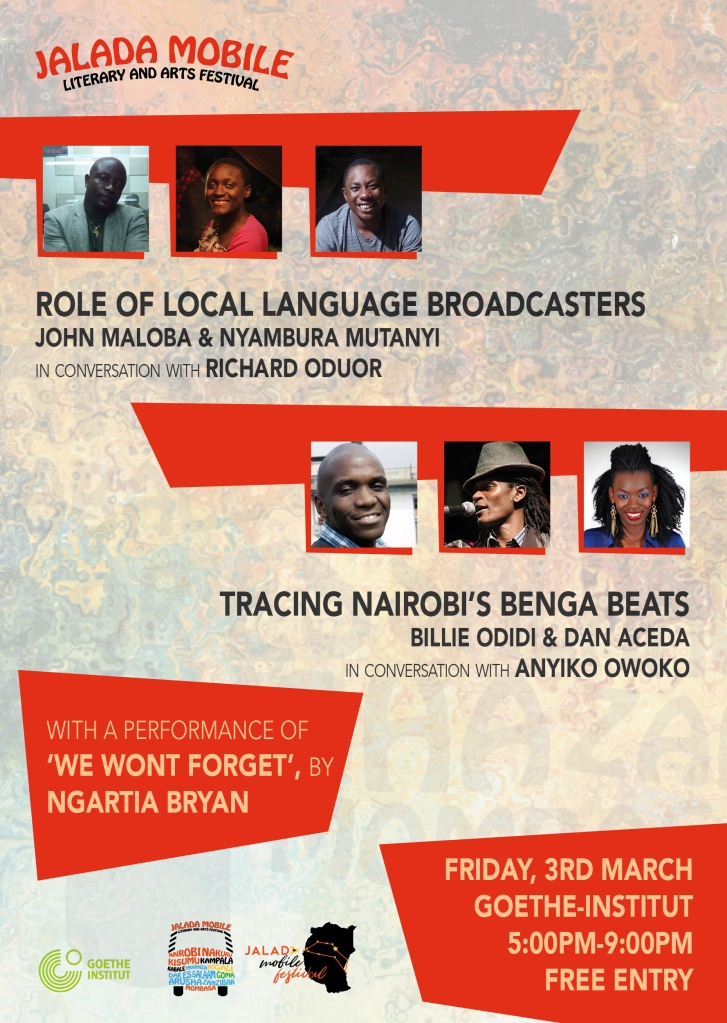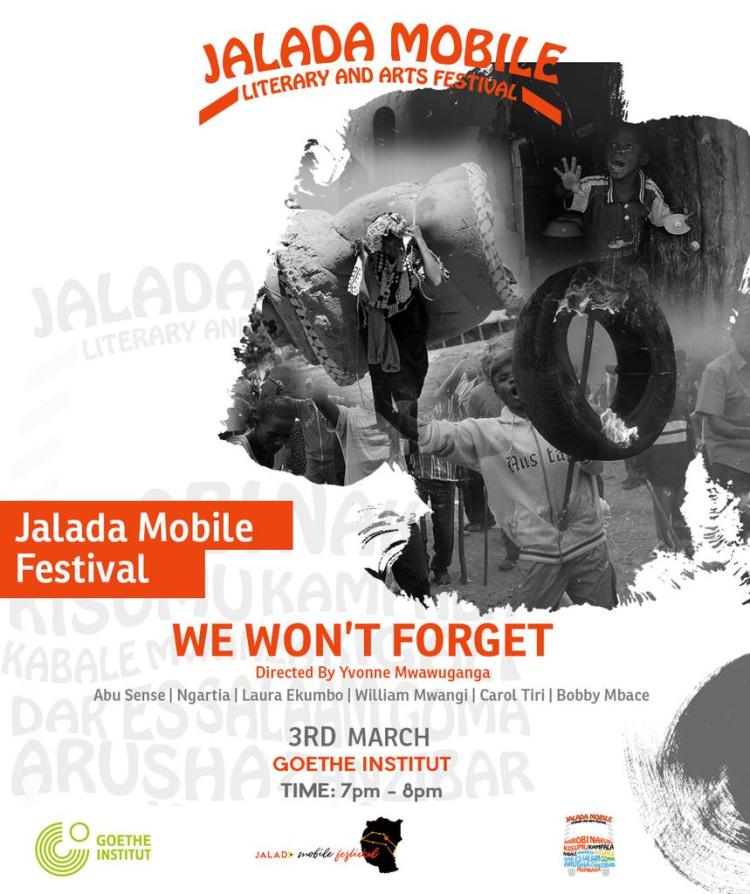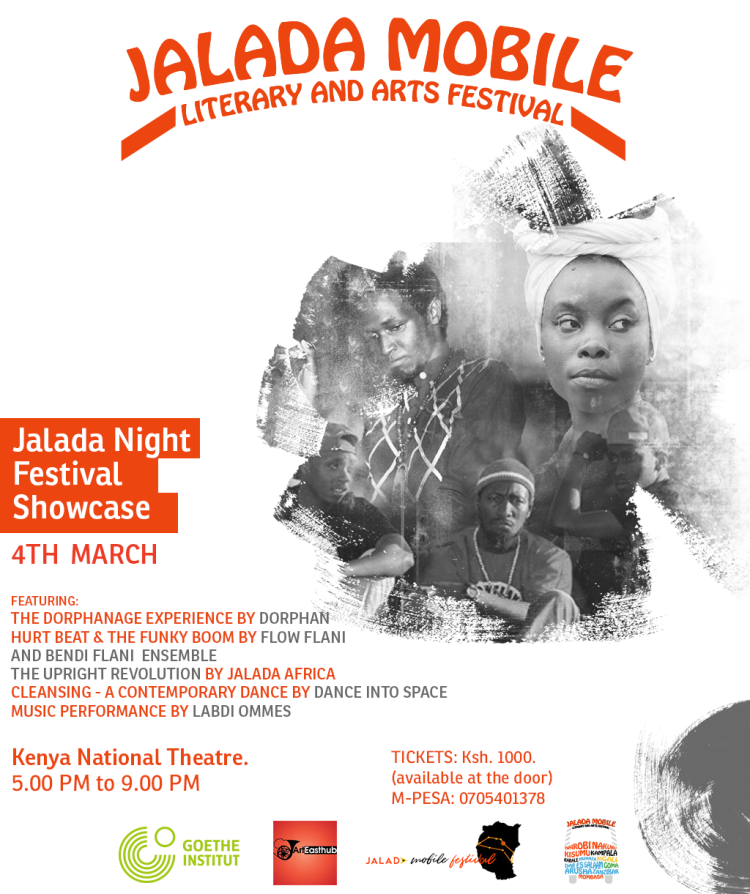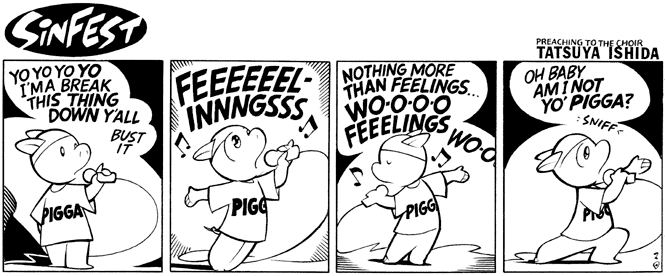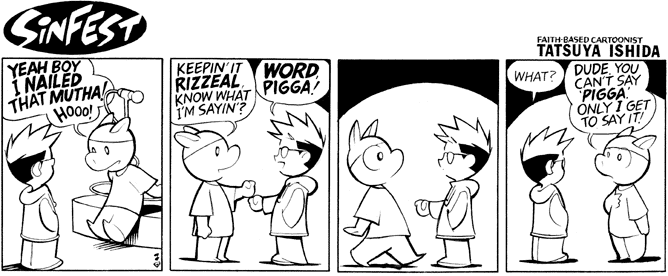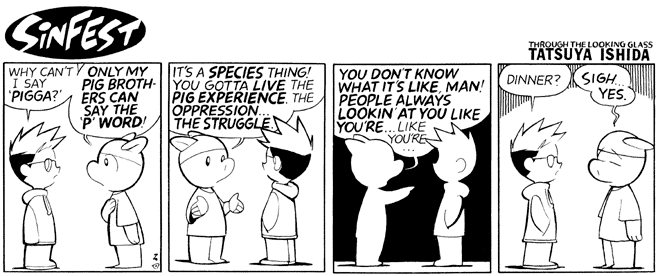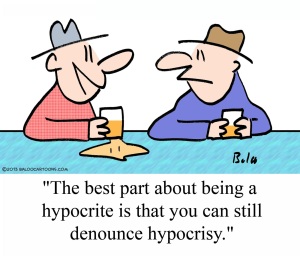
A critic brings knowledge, taste, and meaningful judgement to a piece of work. The three elements imply that a critic cannot be neutral – to judge is to move away from the line of neutrality, and this is why critics are important. By consistently portraying the courage to have their judgments presented publicly, they become an authority, gatekeepers in a field. They are choosing ‘preferred literature’ to their audiences, and justifying their choice.
They are activists in a way, and done longer enough, a certain preference begins to emerge, a preference for a certain kind of book, a certain kind of literature, of art. Places that have few, major critics, the ‘superstar’ critics, risk having access to only a few approved choices. Since knowledge feeds on itself, and people tend to pursue few definable positions, a society needs many critics in order to have access to a diversity of approved choices, or the choices will become just another single story.
Recently, Ikhide Ikheloa, reviewed Fiston Mujila Mwanza’s Tram 83, a review, which though manifestly illustrative in its approach, I disagreed with. I made a series of Facebook posts clarifying my position and have decided to collect these posts, with minimal alterations and post them here on my blog for easy reference.
Pa Ikhide.s review reminded me of an old conversation – the suffocating tendency to view all African novels, of if you like, novels written by Africans, as anthropological, as ethnological documents. I also felt that his reading of Tram 83 was akin to Aesop’s fable, ‘The Dog and the Shadow’: he lost the substance by grasping at the shadow.
We seem to have this long list of instructions that a novel by an African should abide by. A few years ago, Helon Habila made an unlikely charge at ‘We Need New Names’ by NoViolet Bulawayo, that it was pushing an aesthetic of suffering – poverty porn. I couldn’t stop shaking my head. That was shocking. I read Pa’s review and I could not stop seeing the listing of what should be done, should not have been done … Pa also brings the poverty porn argument to Tram 83, calls it “rancid poverty porn. Re-fried beans as literature.” Pa’s argues that “I thought we had gone past the notion of African writing as a pejorative, the expectation that the only literature that can come out of Africa is one that reeks of misogyny, sexism, patriarchy, despair, poverty, wars and rapes, with women and children objectified as unthinking sex objects, hewers of wood and mules.”
You can actually see that Ikhide did his homework, going through the text, with a sieve, and listing thematic concerns, with regard to how they have been dealt with vis a vis his beliefs on “the role of an African writer”. He didn’t forget to remind us to read “Chinua Achebe’s insightful essay, Today, the Balance of Stories (in the book of essays, Home and Exile) to all African writers who wish to reflect on how they portray Africa.”
Why must writers from Africa always bear the burden of representing the continent? Taiye Selasi asks. I don’t have to reproduce the wealth of her argument, here, but it is now clear that “the African novelist is rarely granted the privilege of writing, as Tony Morrison famously put it, the novel she wanted to read. Instead the novelist is assumed to be writing for the west, producing ethnographic texts dolled up as literary fiction. It’s a curious allegation, one that denies both the agency and artistry of the writer while threatening to obscure, I think, the actual source of the unease.” Stop pigeonholing African writers, she says.
Would the tag “poverty porn” be applied to novels written by non-Africans, set outside Africa? I think we are creating so many prisons for ourselves, and will cry when it traps us in for another 50 years. We risk missing the next Dambudzo Marechera when he appears on the scene, repeating a mistake of the past.
This paragraph, by Ikhide, exemplifies the need for critics to expand their lenses:
After pages of this silliness, I understood the problem with the book. The “novel” must have been first conceived as a movie script, hawked around as one and when Mujila could not get a buyer, he convinced a publisher that it would work as a novel. The result is a clumsy novel clutching an essay that waxes incoherent on the looming demise of African literature and the world as Mujila knows it. In a flat one-dimensional medium of the book, Mujila tries using two-page long sentences to create scenes meant for the stage or a movie and he fails spectacularly.
Ikhide has been one of the most notable observers of transformations in artistic production in Africa, whether it is on short stories posted on Facebook or flash fiction on twitter. In an old address, Binyavanga Wainaina delivered at the African Studies Association UK 2012, on Afropolitanism, and captured by Stephanie Santana, here, these thinkers observed that we are living in a changing world, and nothing stands out like the “image of invisible digital networks of texts reaching ghost-like across continents, genre-bending “digital pulp,” a pan-African literature that moves vis twitter and sms rather than by printing press and shipping containers.” Even though Binyavanga has since clarified and expanded his position on Afropolitanism, as not inherently antagonistic to Taiye Selasi’s, this image of evolving writing and publishing systems remains. If modes of travel of stories are changing, how about forms? I quote this specific image, because I know Pa Ikhide has also talked about these changes in almost similar terms, and I was surprised at his criticism of the genre-bending nature of Tram 83’s world. In the 21st century, we should be prepared for more novels that blur boundaries. We should reimagine and reconstruct our knowledge bases on what form is, and how it is changing.
The complaint about long sentences is a peculiar one. One of the most intriguing books I have read is “The Melancholy of Resistance” by László Krasznahorkai. Sentences, in the book, can run up to 30 pages. I have not read any review complaining about length of sentences in his sentences. I know László is a little on the extreme, but James Wood’s “Madness and Civilization” on the New Yorker on the strange fictions of László Krasznahorkai is an exemplary way to dig deep into strange forms, in ways that increase our understanding of authors and their texts, as opposed to demonising it.
I moderated a conversation with the Etisalat Prize shortlistees. Fiston Mujila and Penny Busetto (The Story of Anna P as told by herself) came to Nairobi, and we had a rich evening of literariness. I also wrote an essay on “What Will People Say” by Rehana Rossouw, published by Saraba Magazine, Special Issue: Etisalat Prize. One can say that I was deeply engaged with the texts and authors. I hold the opinion that Tran 83 is elegant surrealism, beautiful madness – intelligent, strange, hypnotic, unconventional.
An interview Sofia Samatar had with Fiston Mujila lays bare, apart from jazz, the influence of surrealism, the excesses of Congo, and his languaging of experiences. He says:
“I am a music lover, not just of jazz but also Congolese rumba. I dreamed of becoming a saxophonist when I was a child. That wasn’t able to happen, since there was no music school in my hometown and I couldn’t get hold of a saxophone. When I was nineteen or twenty I realized that literature or writing could play the role of a saxophone or bass clarinet. I was reading the surrealists a lot at the time. There is a connection between automatic writing and improvisation. Since then, I compose some of my texts like scores. I also make performances, often accompanied by jazzmen.
Music allowed me to explode the story in order to conform to the characters’ whims and excessiveness. I come from a country that exists only on paper. The Congo—by its very history, its everyday life—is an extraordinary, or shall we say paradoxical, country. There is no such thing as moderation there. We are always immoderate, excessive, exuberant, etc. Everything happens as if the world was going to end in forty-eight hours and we should therefore make the most of our remaining crumbs. Everything happens as if we belonged to another planet, with our own ways of thinking, of getting drunk, of dancing the waltz, and so on. I therefore needed jazz’s (incantatory) energy to define the heartbeats of a territory ravaged by all kinds of predation but whose people remain standing.
Tram 83 is irrigated by other rhythms, including those of the freight trains and the Congo river—one of the longest rivers in the world, and the deepest, second in discharge after the Amazon. The Congo river rises in the south and wanders through the whole country, before committing suicide, or hurling itself out the window, it depends, into the Atlantic ocean.”
In the post-independent period, ‘political commitment’ in novels was the aesthetic attraction and novels that did not fall under this huge critical banner were castigated. Almost all critics misunderstood Dambudzo Marechera. He was way ahead of his time. His work was not welcomed in Zimbabwe. Critics and other writers accused his work of not contributing to “nation-building”, that it was “decadent” and “anti-African”. Nobody was ready for the vision of his poetics.
Most of the complaints about descriptions of place and people, reminds me of the “decadent” allegation heaped on Dambudzzo’s work. Poverty porn is our new prison, a lexicon borrowed from development critics. But this phrase even becomes more problematic when it is applied to a creative work, say a novel, because it automatically presumes that the work was written that way primarily to increase sales, for African novels, in a Western market, and there is a deliberate kowtowing to certain demands from the Western publishing system (editors, publishers, readers). It has become a simple way of shooting a novel down, of refusing to engage with its unpleasant contents.
I suspect that so many of such cases are happening. It would be sad if another Marechera is being washed down the drainage as we speak. Works are going to emerge that are so different from certain cemented talking points by African critics and they’ll all be labelled as not contributing to “continental building”, as not adding shine to the ‘sunny’ Africa we need to present to the West, and they’ll be demonised, when the problem maybe that critics have adopted narrow lenses.
Dambudzo was banned because how he presented the situation in Zimbabwe was unpleasant, it was not in agreement with the futures the post-independent leaders were singing about. However, it is good that in an interview, he made this choice rather clear. He said:
“I tend to see the writer as a kind of Cassandra figure with all this enormous talent to actually analyze, officialize intensively people’s destinies, only to be cursed by censorship, by persecution, by whatever, for having that talent. But precisely because you got that talent, you must continually activate it, in spite of any opposition from any quarter. If I am a committed writer, that’s what I am committed to. A vision like that transcends any political programme. This is one of the difficulties I have in writing because here in Zimbabwe people try to analyse everything from the particular contemporary political view.”
We have to be very careful not to analyze everything from a single “particular contemporary political view.”
I also keep wondering about the limits of fiction, or any other art for that matter, or why it must be read as anthropological or ethnological, especially for writings coming from Africa. I don’t understand the desire to impose our total order (in terms of how we view the world) on all creative productions. I think there is space for viewing the novel(s) as a world on its own, and when we draw parallels of similarity/difference with our world , there is space for not being to restrictive or not being prescriptive of what we would have preferred.
It also seems like the perfect novel, by an African, should be inert, should not be too much, should be balanced, because readers of African novels are always looking how the sunny-side of Africa is presented. It must be anthropological, but don’t caricature us. We are doing good. Africa is rising. It should be political and nonpolitical at the same time. The perfect novel by an African is published nowhere. If it is published on the continent, the critic will go for the ills of the continent’s publishing industry. They will mention the cover design and binding. Why is it surprisingly good for a book printed in Africa? They’ll take note of the editing, never forgetting to mention that ‘this is an improvement from what we’ve been seeing in books published by African publishers.’ If it takes three months for the book to get to them, a paragraph on poor distribution systems will suffice.
Woe to you if it is published in the West. They will start with blurbs. Who are they? Are they white people? If black, where are they living? Are they living in the continent? The irony that the critic may also be living out of the continent is often lost to them. Is poverty in there? How much crime, drugs, war, prostitution, misogyny, patriarchy, feminism, add all the identity-politics talking points here. Are you pandering to Western audience interests? Who was your agent, your publisher? White people, right? I knew. Have they influenced how you are presenting Africa to the world? Why is your imagination decadent? Your book should be banned. It is not Christian. It is spreading immorality in Africa. Poverty porn? I thought we all agreed that novels from our 54+ countries should have none of that. Why are you only talking about middle class and wealthy people sensibilities? You are not capturing the ordinary lives of Africans. Do that in your next novel. That is why your current book is not selling. Why are your stories experimental? You are not rooted in the African experience. The African novelist is a continental spokesperson. Never forget that.





